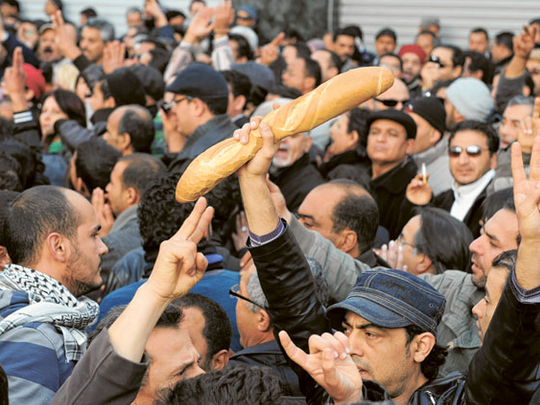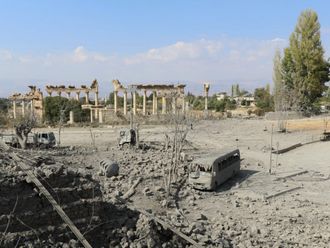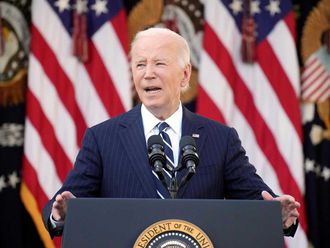
Dubai: Tunisia's neighbours are closely watching the strife in the country that has been a beacon of human development.
No one thought it susceptible to the kind of social and political unrest it has witnessed recently.
In an emergency move, its eastern neighbour Libya promised to open the borders to the jobless of Tunisia to help ease tension after the country experienced nearly two weeks of rioting.
The Tunisian government, which prides itself for its human development achievements, has realised that unbalanced growth has left provinces like Sidi Bouzid with 25 per cent unemployment.
Tunisian President Zine Al Abidine Ben Ali has sacked four ministers as well as the mayor of the troubled province.
Rioters took to the streets of other cities and the capital, paralysing life ntionwide for nearly two weeks.
Germany has pledged to invest in the troubled underdeveloped province of 400,000 people, which has 4 per cent of the country's 10.4 million population.
President Ben Ali has ordered investments of about ¤15 million (Dh73.89 million) in the province to create more jobs. Demonstrators have called on the government to end corruption and demanded more jobs. Universities turn out nearly 80,000 graduates every year, but it takes six to seven years for a fresh college graduate to find a job.
Tunisia ranks seventh on the United Nations Development Programme list of countries based on long-term development trends for 2010. But coastal area residents often complain that development has yet to reach their towns.
"Corruption and misuse of public resources in the country are among the highest in the region as people fear to criticise officials. ... The country is ruled by a tough security hand and no one can say anything against the government. The recent ‘unemployment uprising' proved that people born under the current regime are not happy with its social policies and development programmes," Jalal Al Warghi, head of Maghreb Centre for Research and Development in London, told Gulf News.











